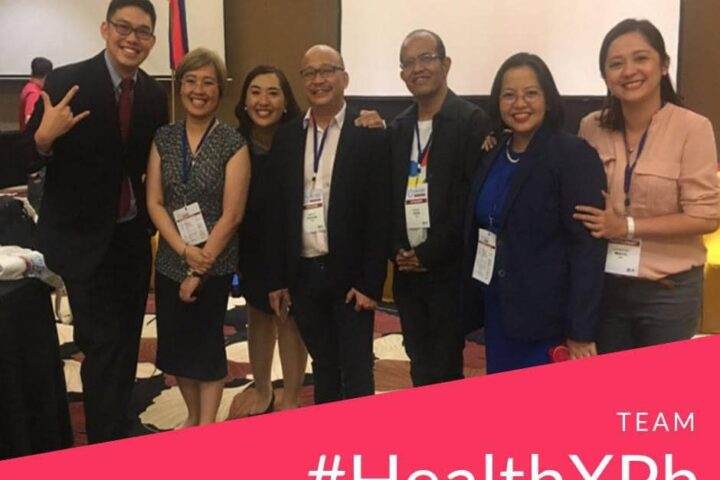 Amongst professionals around, physicians are slow in adopting to change. By change I mean adapting innovative ideas to handle cases, concerns and issues. In our aim to effect innovative administrative policies and changes, I’m trying to understand the behavioral reason behind this “reluctance” to adapt among physicians.
Amongst professionals around, physicians are slow in adopting to change. By change I mean adapting innovative ideas to handle cases, concerns and issues. In our aim to effect innovative administrative policies and changes, I’m trying to understand the behavioral reason behind this “reluctance” to adapt among physicians.
Many physicians are not inclined on taking risks, especially when the issue on hand concerns them, their patients or their practice. An admirable trait perhaps that evolved primarily to safeguard patient’s safety and is ingrained in the professions’ dictum- “Primum non nocere“. First do no harm.
When taking to the extreme, and coupled with an obsession towards handling ALL (medical or otherwise) tasks as a matter of life and death, breakthroughs for innovations rarely push beyond the research stage. A physician will stick to whatever will sustain life from his or her experience. Thus, whenever an innovative solution for improvement quality of care is implemented, changing perceptions and attitudes will be a bloody issue to tackle.
One other reason is the lack of (new) knowledge and skills needed to adapt to change. For whatever reason we have, without the necessary new knowledge and skills, no physician will dare venture into any “unfamiliar” tasks. A seemingly slow adaptation is seen among physicians.
It’s quite obvious then that to effect a change in perception or hasten adaptation of any new policies, innovations, or new ways of treating a particular disease, knowledge, attitude, values and skills (KAVS) should be initiated first. That way adaptation to innovations and policy changes will be a bit faster than what we usually observe today.











